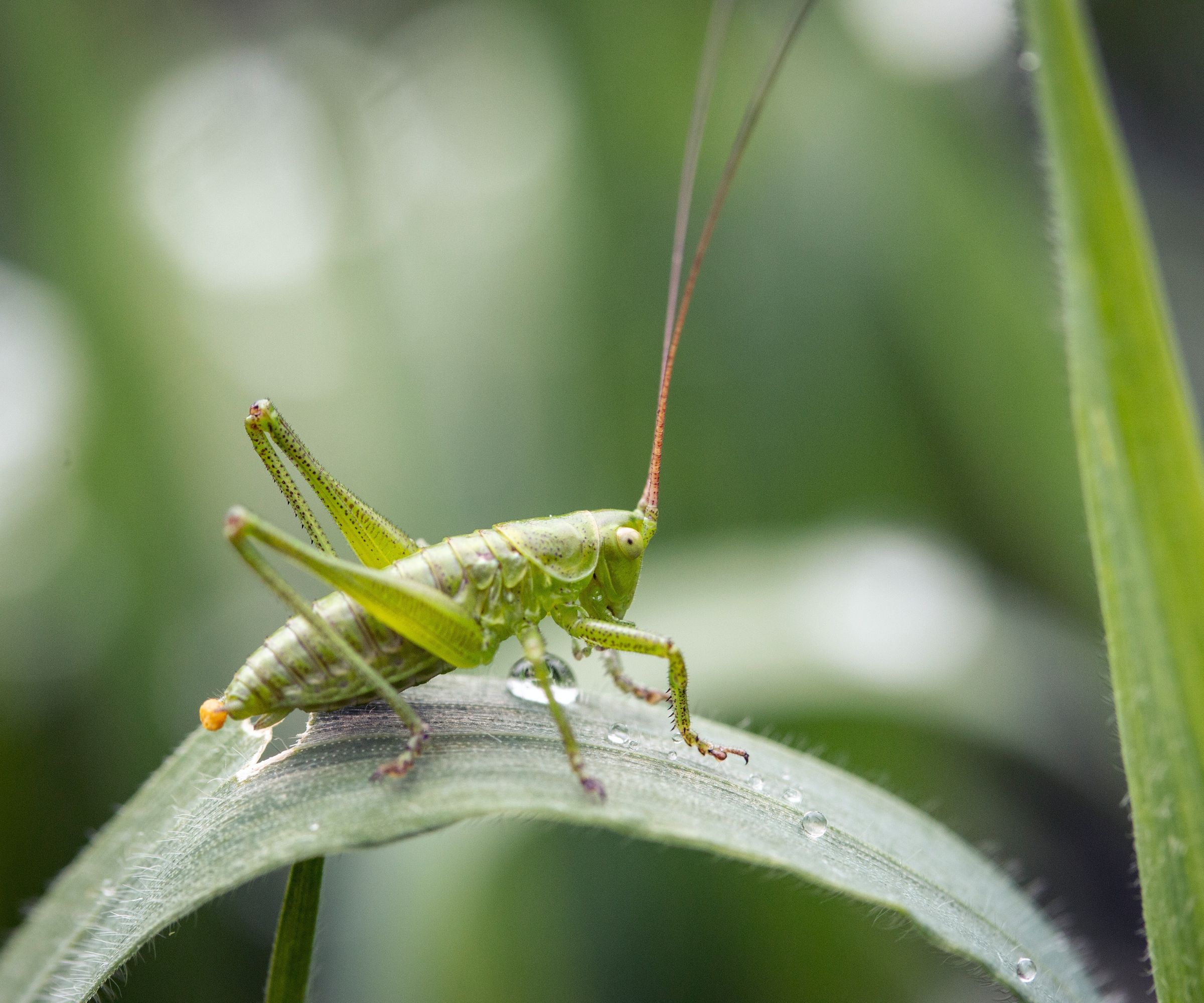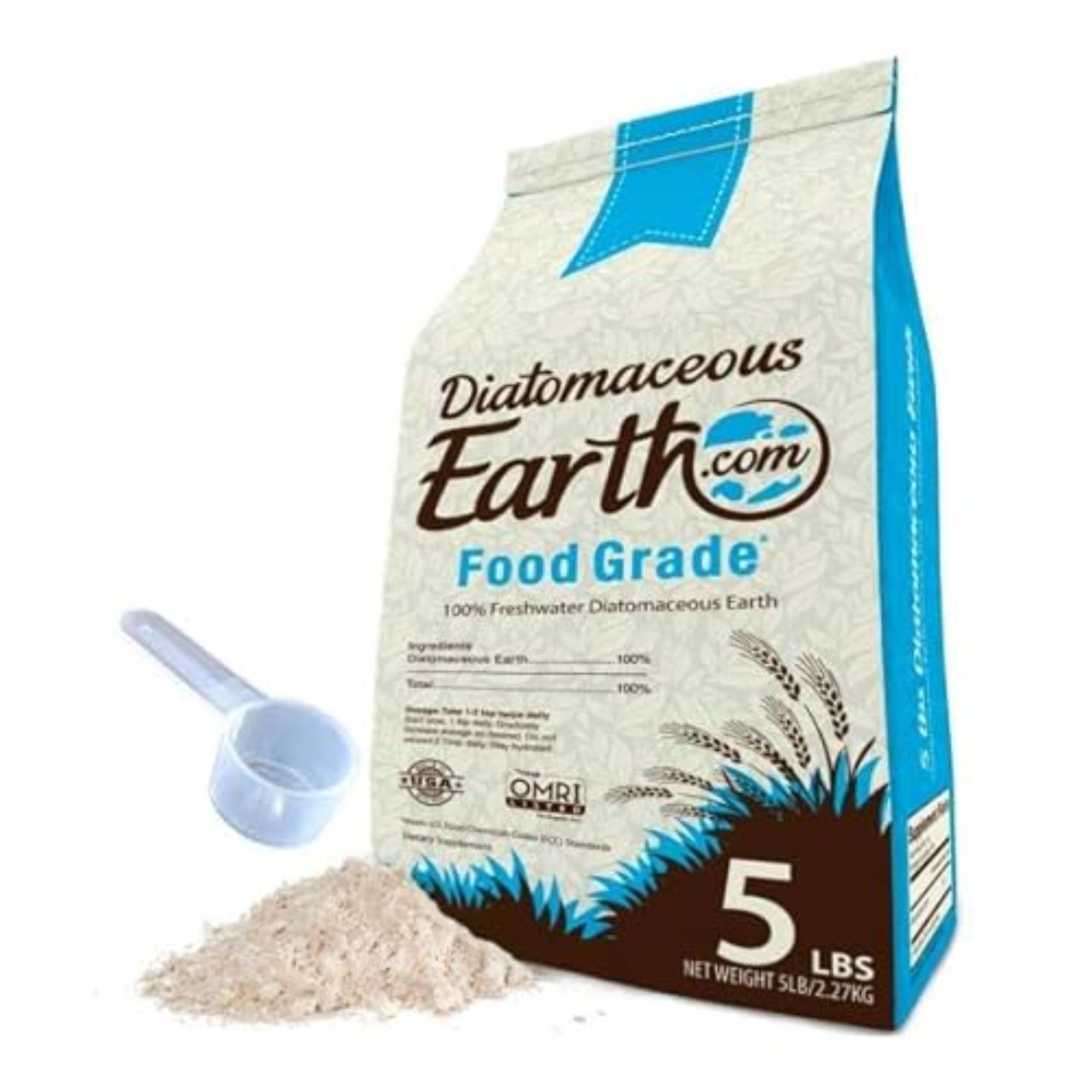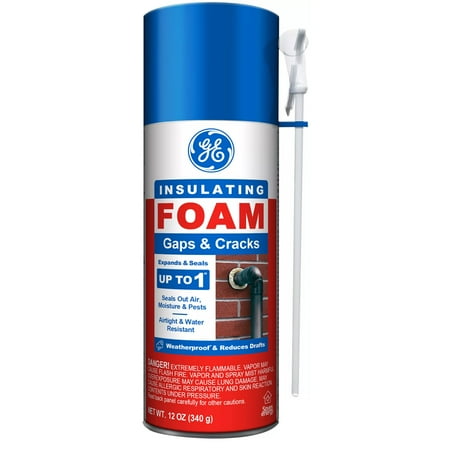How to get rid of crickets inside the house – 7 ways to banish them out for good
Experts explain how to prevent them from getting in again


Chirping crickets are a pleasant sound on a summer's night, but not indoors. So, how do you get rid of crickets inside the house?
Pest control experts reveal the seven key ways of evicting these noisy pests from your property.
Plus, they share their top tips to keep crickets out of the house so these outdoor nuisances don't become regular indoor pests.
How to get rid of crickets inside the house
Crickets are generally easy to identify. Besides the loud chirping sound, crickets can be identified by their long, slim bodies, six legs, long antennae, and long back legs designed for jumping. They are often more active at night.
Now that you are sure you have crickets, you can make a start on evicting them from your home.

Crickets will often enter a home in search of food and shelter. They can be green, black, brown, sometimes yellow as well as other colors.
1. Locate the cricket(s)
As crickets thrive outside, it is rare to have more than one cricket that has strayed into your home, although a few may come in over a few days if you live in the right climate.
Crickets can hide in the smallest of spaces, making it difficult to spot them. Instead, listen carefully and locate them by ear.
Design expertise in your inbox – from inspiring decorating ideas and beautiful celebrity homes to practical gardening advice and shopping round-ups.
Check darker areas of your home that may be able to provide these insects with cover, particularly ones that are moist, such as laundry rooms, bathrooms, or basements.
Employing some decluttering methods can help you clear the clutter the crickets might be hiding behind. You can even declutter your house in 10 minutes in dire circumstances.
2. Use natural repellents
Where possible, Moneef Break, owner of Diagno Pest Control, suggests, ‘Utilize natural pest control methods to repel crickets. There are several natural repellents from sprays to powders that you can put in and around your home.’
One of the best natural repellents is food-grade diatomaceous earth, available at Walmart, which is a non-toxic powder that can safely be used indoors and around pets. Simply sprinkle in areas of cricket activity to dry the bugs out for easy removal.
Additionally, try some scents garden pests hate, such as essential oils like peppermint and citrus, both available in this essential oil starter kit, from Walmart. Shake up a few drops of the oil with water in a spray bottle (also at Walmart) before spraying in areas that crickets are prone to hiding.
Otherwise, consider making a homemade bug spray with neem oil, also from Walmart, to spray on pests and active areas to discourage bugs and disrupt their breeding cycles.
3. Consider boric acid
Boric acid is a common pesticide that can be effective against many pests, including getting rid of cockroaches and dealing with crickets.
Although coming in pellet and tablet form, boric acid is most effective in its powder form against bugs such as crickets, as it can be mixed with powdered sugar to entice indoor crickets over.
Once ingested, the boric acid kills the crickets, allowing for easy removal. Sprinkle the acid in places you suspect crickets for the highest efficacy.
Be careful with this method if your household has pets or small children, however. Although unlikely to be fatal, it can cause vomiting and other flu-like symptoms.
4. Reduce moisture
Bill Swank, founder of Pest Source, adds, ‘Dealing with crickets isn't just about getting rid of the ones you see; it's about making your home inhospitable for them. One of the biggest factors that attracts crickets is moisture.’
When dealing with an indoor cricket infestation (much like when getting rid of drain flies), it's helpful to focus on moisture in the hidden places where home pests love to harbor their young.
Crickets thrive in damp environments, so make your home less attractive to them by fixing any leaks, ensuring proper drainage, improving ventilation, and using the best dehumidifiers in basements or crawl spaces.
This energy-star rated dehumidifier, from Best Buy, covers up to 2,000 sq. ft. and captures up to 35 pints of water a day from the air.
5. Remove excess food sources
The idea that insects will go away on their own is a common pest control myth.
To encourage them out of your home, Vincent Luca, owner of On Demand Pest Control, urges you to tackle their food sources to help flush them out.
He explains, ‘Crickets are omnivores and feed on various organic matter. Keep your living space clean and tidy, paying attention to food crumbs and spills that might attract them.’
One way to remove excess food is to employ rigorous cleaning methods and regularly vacuum and sweep. By cleaning up dropped food, your home will be less inviting to crickets and deter them from entering in the first place. Don't forget to also clean and remove pet food bowls when they are not in use, and cover all food on kitchen counters.
6. Use a vacuum
If you suspect an area of harboring crickets, vacuum the entire space to catch any eggs or droppings they have left behind. If you are lucky, the vacuum may catch adult crickets too, although this method is largely used to prevent a more serious problem down the line.
Knowing what to do after you've vacuumed a pest problem is a must to prevent reinfestation. The vacuum should be emptied immediately into an outdoor waste bin when you are done. Then, clean your vacuum to maintain efficiency and ensure all of the eggs have been removed.
7. Incorporate traps
In addition to natural repellents, you can also add large Catchmaster Cricket sticky traps, at Amazon, to your lines of defense.
Robert Gilbert, entomologist at Blue Sky Pest Control, says, ‘In order to be the most effective, set up sticky traps near cricket-prone areas to effectively capture insects. Place these traps around the house, in front of doors and windows to catch these critters.
'Sticky traps are non-toxic and easy to remove, so once the trap is full or all the crickets are gone, simply lift up and discard.'
Creating natural traps can also help to catch crickets straying too close to your house before they have the chance to enter. Molasses makes an ideal trap for crickets as its sweet smell draws them in and its viscosity traps and drowns the bugs.
To use molasses as an effective cricket trap, combine one part molasses (available at Walmart) with ten parts water and place it in jars or shallow containers around your house's perimeter, but especially near possible points of entry such as doors and windows.
This is a great alternative to sticky traps, using things you may already have around your home. If you have pets or small children, make sure to keep them away from these traps to prevent the spread of disease or a large sticky mess to clean up later.
How to keep crickets out of the house

Preventing crickets comes down to limiting food sources and blocking entry points.
Prevention is always better than the cure, so take these measures to stop crickets from getting into your home in the first place.
1. Seal entry points
Pest control expert Bill warns us that crickets can find their way into your home through tiny cracks and gaps. 'Any cracks or holes in masonry, wood, doors, or window fittings can make the perfect entrance for a cricket in search of shelter and sustenance'
Seal these entry points in windows, doors, and foundations using silicone caulk from Lowe's and weather stripping, for larger gaps, also at Lowe's.
It can also be helpful to keep windows and doors shut or covered with a screen to prevent crickets from infiltrating your house and laying eggs. These cut-to-size magnetic window screens, from Amazon, are a great quick fix for the summer months.
2. Allow animals to hunt
If your home has a four-legged friend such as a cat or dog, preventing crickets may be as easy as allowing them to hunt.
Dogs and especially cats can be excellent partners when it comes to pest control in your home and garden.
Having a prowling animal can help to dissuade pests such as crickets from approaching your home, or, if they do make their way inside, they can quickly kill these jumping insects before they have the chance to hide in a dark corner or lay eggs.
If you do not have a pet at home, consider nurturing your local bird population by putting out birdhouse ideas or planting plants for birds to encourage these natural predators into your garden. Birds can help to reduce cricket populations and keep them away from your garden and house.
3. Maintain your yard
Maintaining a manicured lawn can help to keep crickets out of your house as the outdoor environment fails to provide adequate shelter and food.
Sweep away dead leaves and plant cuttings from the ground, ensure firewood is stored off of the floor, and regularly mow your lawn to prevent giving crickets hiding places and food sources that may entice them closer to your home.
4. Lower outdoor lighting
Crickets, like many other bugs, are attracted to bright lights which may lead to a congregation of crickets by your external doors. If these doors are opened or have small gaps or cracks by them, these crickets may be enticed in by the warmth and shelter of your house.
To prevent attracting crickets to your property, consider swapping out bright outdoor lighting ideas for warm-toned LEDs or amber lights, from Walmart, so as to light your yard but not readily invite crickets and other pests in.
What to shop

Cedar is a universally hated scent for many pests, making it the perfect addition to storage spaces to deter crickets.

100% pure, this natural powder is safe for use around children and pets for toxin-free pest control.

Insulating foam expands on application to fill gaps up to one inch in size, preventing pests from getting in while blocking drafts.
FAQs
How do you get rid of a cricket you can't find?
To get rid of a cricket you can't find, place traps around the areas you suspect. Listen out carefully for the cricket in your home and place molasses traps or boracic acid and powdered sugar in the areas where the chirping is loudest to draw the crickets out.
Does vinegar get rid of crickets?
Vinegar can be a helpful tool for getting rid of crickets, providing an all-natural scent deterrent, but it might not be the most effective, and does nothing to kill crickets. Instead, it is better to use a combination of peppermint scents and sticky traps to deter and remove these bugs form your home.
Meet the experts

Bill Swank is the founder of PestSource, a comprehensive hub for all things pest control. Bill is also a seasoned exterminator with over 30 years of experience in the field.

Diagno Pest Control is a Philadelphia-owned company serving residential customers in the area. With years of experience in the pest control industry, its team of experts has the knowledge and skills to provide efficient and affordable solutions to all pest problems.

Robert is an entomologist at Blue Sky Pest Control, a pest control company based in Phoenix.

On Demand Pest Control provides extermination services for both residential and commercial properties throughout South Florida with over 27 years of experience.
While not a harmful critter, crickets can cause a disturbance when inside your home. If you cannot find the cricket, or they keep getting into your property, it might be a sign to call professional pest control in to handle the issue for you.

Chiana is Homes & Gardens’ kitchen appliances editor. With a lifelong passion for cooking and baking, she grew up experimenting in the kitchen every weekend with her baking-extraordinaire Mom, and has developed a great understanding of how tools and appliances can make or break your ideal relaxing kitchen routine.